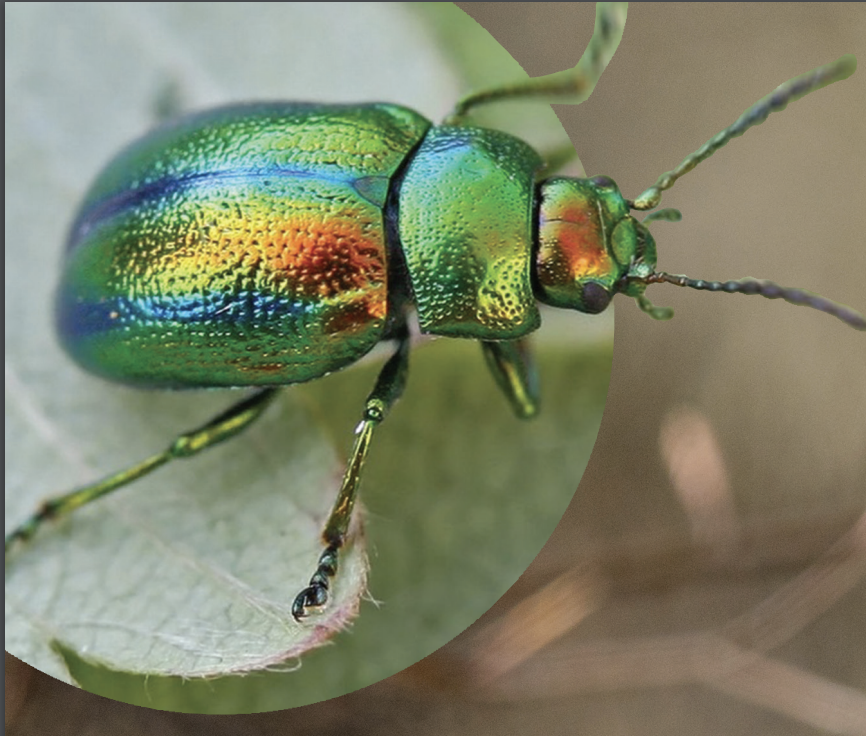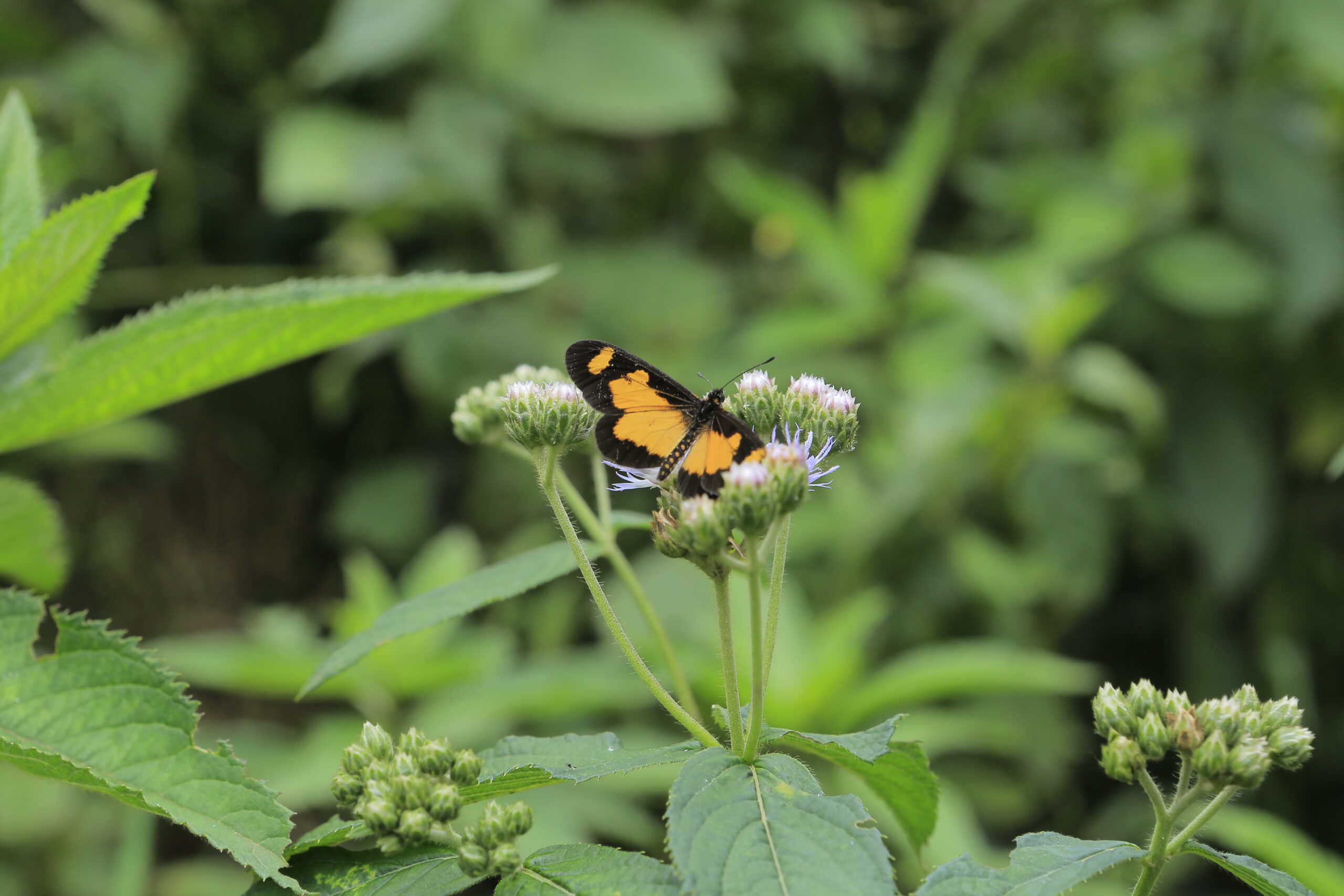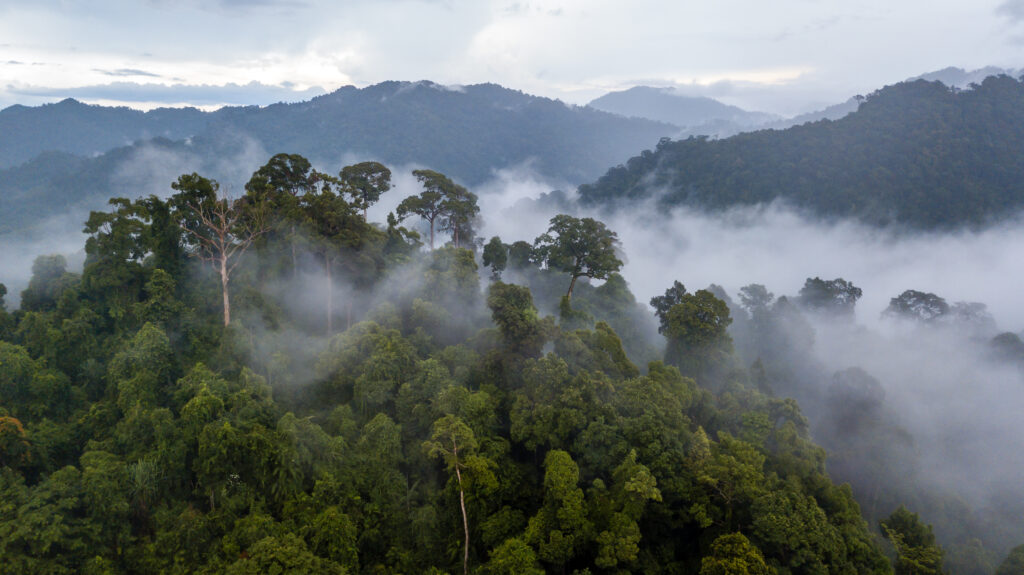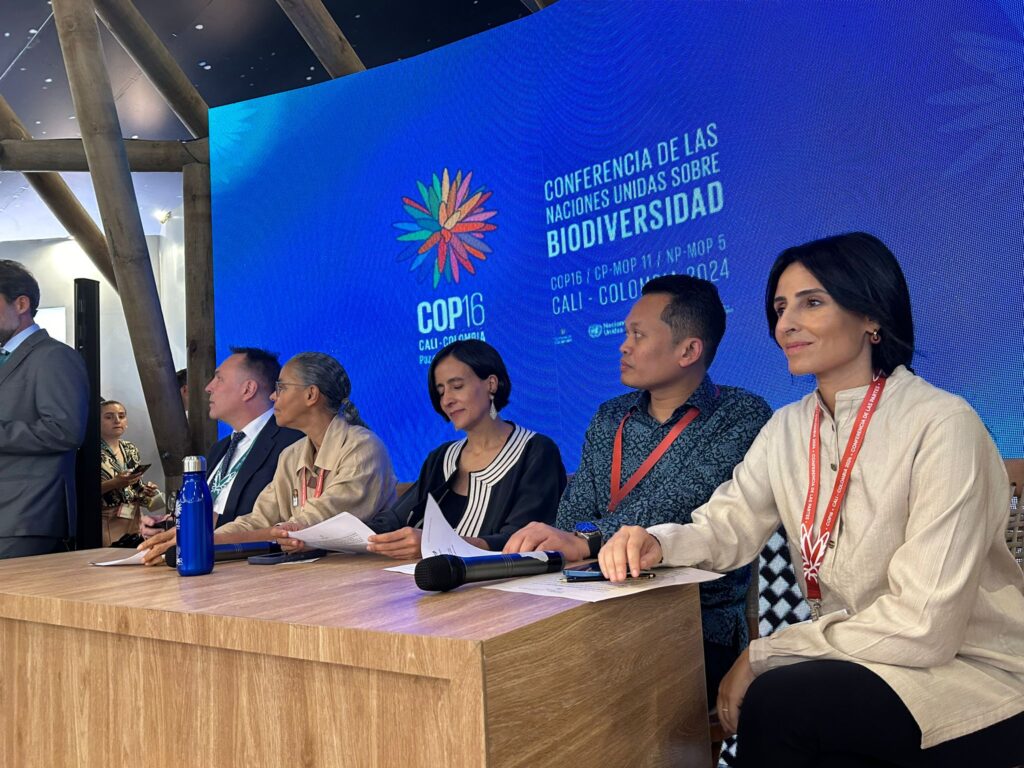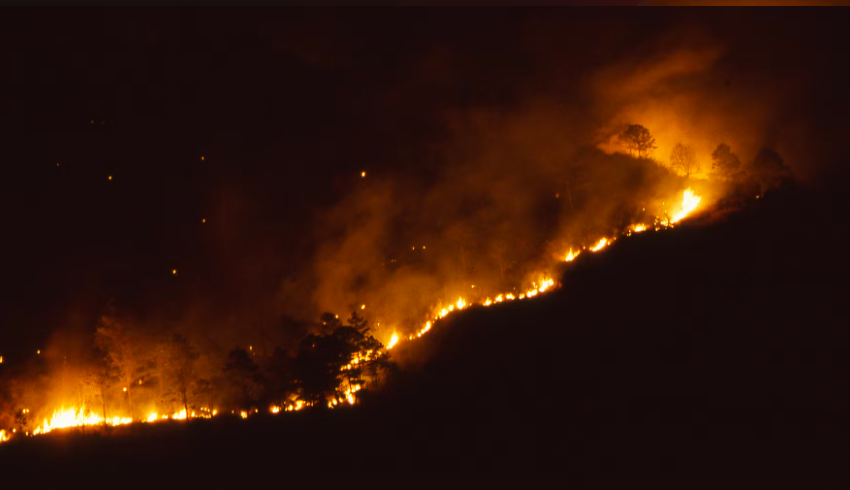When Species Disappear, They Are Lost Forever
Biodiversity is the diversity of species in a given area. The genetic variation that is lost when species go extinct will take millions of years to restore. In addition to forming the foundation for our food, medicine, and countless other products, Earth’s biodiversity is also crucial for maintaining life-sustaining resources such as clean drinking water, fertile soil, and oxygen in the air.
Unfortunately, species are currently disappearing faster than ever before in human history. This tragic development is referred to as the sixth mass extinction. When forests are cleared, it contributes to this human-made mass extinction.
This is why one of the core issues for Forests of the World is to both halt deforestation and, more generally, to stop the loss of biodiversity. Therefore, biodiversity is very much a part of our key focuses in all our endeavours from political efforts to more practical initiatives.

The Role of Rainforests
Nowhere on land is biodiversity higher than in tropical rainforests, which are teeming with life from the highest tree canopies right through into the soil underground. The many rivers winding their way through the forests are lifelines. While over 80 percent of the world’s terrestrial biodiversity depends on forests, more than half of all land-dwelling species are found solely in tropical rainforests. This is why we are especially committed to stopping the destruction of rainforests.
Denmark’s Forests Also Count
All countries have a responsibility to halt the loss of biodiversity, and Denmark is no exception. That is why we are also working to ensure that Denmark gains more wild forest nature, so we can restore some of the lost biodiversity.

